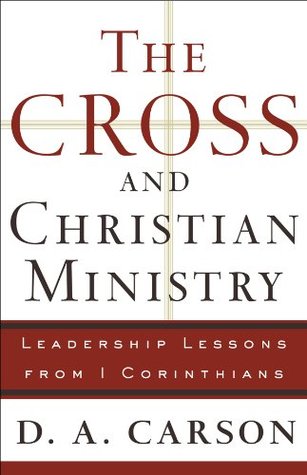More on this book
Kindle Notes & Highlights
he has been pleased to save “those who believe.” These people are saved by him, not because he chooses those who boast some superior trait or insight, not because he loves people who judge themselves to be wise, but because he has determined to rescue those who believe him.
Modern Western evangelicalism is deeply infected with the virus of triumphalism, and the resulting illness destroys humility, minimizes grace, and offers far too much homage to the money and influence and “wisdom” of our day.
Lazy preachers have no right to appeal to 1 Corinthians 2:1–5 to justify indolence in the study and careless delivery in the pulpit.
We can easily hear Paul saying, “To the Jew I became a Jew,” and “To the Gentile I became a Gentile”; we cannot imagine him saying, “To the gossip I became a gossip,” and “To the adulterer I became an adulterer.” In other words, while saying he is not under the law as other Jews were, he certainly does not mean to suggest he is an utter antinomian (someone who feels completely free from all of God’s demands and commands).
In order to win his fellow Jews, he is happy to live under the stipulations of that law-covenant and not be unnecessarily offensive to them, but he insists that the law-covenant no longer binds him. It cannot; he is under a new covenant (cf. 1 Cor. 11:25). On the other side, to win those not having the law of God expressed in the old covenant—namely, Gentiles—he is prepared to live like those without any of the constraints of the law-covenant upon them; but there are constraints beyond which he cannot go.
Although Paul was an extraordinarily flexible apostle and evangelist, he had sorted through elemental Christianity in a profound and nuanced way so that he knew when he could be flexible and when he should not bend.
Yet in every culture it is important for the evangelist, church planter, and witnessing Christian to flex as far as possible so that the gospel will not be made to appear unnecessarily alien at the merely cultural level. But it is also important to recognize evil elements in culture when they appear and to understand how biblical norms assess them. There will be times when it is necessary to confront culture. After all, simply to appeal to current cultural norms, all the while demanding more flexibility from the Christian, is simply a way of saying that the gospel does not have the right to
...more


